Figs in gritty mix
briana_2006
12 years ago
Related Stories
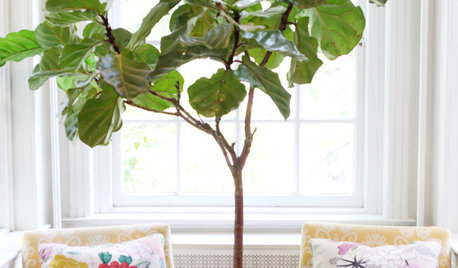
HOUSEPLANTSPlay Up Some Fiddleleaf Figs for a Lively Indoor Tune
Strike a dramatic chord in a minimalist scene or a country note in a rustic setting — fiddleleaf fig plants harmonize with any style
Full Story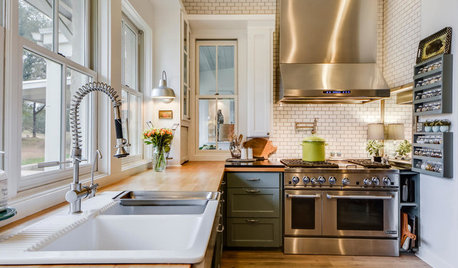
KITCHEN DESIGNNew This Week: 2 Kitchens That Show How to Mix Materials
See how these kitchens combine textures, colors and materials into a harmonious whole
Full Story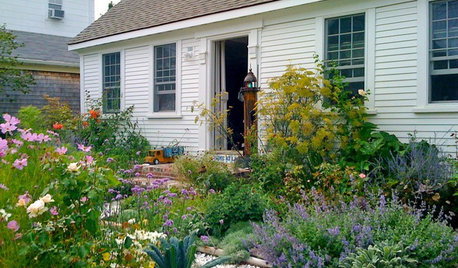
GARDENING GUIDESVegetables and Flowers Mix in Beautiful Edible Gardens
Ornamentals, meet your edible garden mates. We know you'll get along just beautifully
Full Story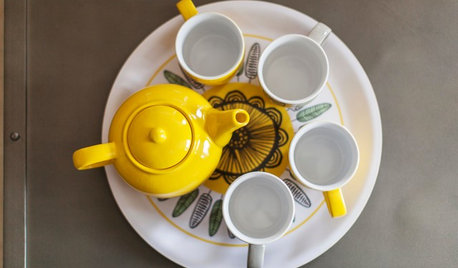
HOMES AROUND THE WORLDHouzz Tour: Gray and Yellow Mix It Up in a London Apartment
A neutral palette gets a jolt of energy from sunny accessories and witty artwork in this new unit in an industrial area
Full Story
LAUNDRY ROOMSSoak Up Ideas From 3 Smart Laundry Rooms
We look at the designers’ secrets, ‘uh-oh’ moments and nitty-gritty details of 3 great laundry rooms uploaded to Houzz this week
Full Story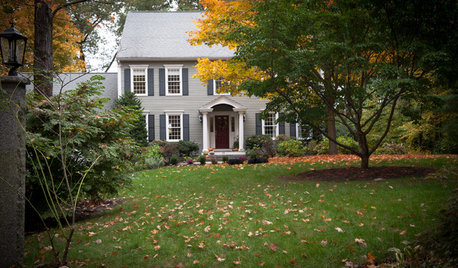
HOUZZ TOURSMy Houzz: Easygoing Elegance for a Massachusetts Saltbox
With beers on tap, a pizza oven and a guitar collection, this home mixes classic with generous doses of fun
Full Story
ROOM OF THE DAYRoom of the Day: Bedroom Takes a Creative Approach to A-Frame Design
Rather than fix the strange layout, this homeowner celebrated it by mixing the right materials and textures
Full Story
MIDCENTURY HOMESMy Houzz: Palm Springs Inspiration in Dallas
Midcentury furniture mixes with new handmade pieces and local art in a Texas couple's 1961 home
Full Story
HOUZZ TOURSHouzz Tour: Thrifty TLC Transforms a Beach Bungalow
A California architect finds ‘the perfect mix of potential and a dump,’ and gets right to work
Full Story
ARTRoom of the Day: Art an Inviting Presence in a Formal Living Room
A redesign brings new energy into the room with a mix of contemporary furniture, forgotten treasures and appealing artworks
Full Story





fruitnut Z7 4500ft SW TX
greenman28 NorCal 7b/8a
Related Professionals
Tomball Landscape Architects & Landscape Designers · Wareham Landscape Architects & Landscape Designers · College Park Landscape Contractors · Fort Worth Landscape Contractors · Hilo Landscape Contractors · Paso Robles Landscape Contractors · Spring Landscape Contractors · Tigard Landscape Contractors · Livingston Decks, Patios & Outdoor Enclosures · Alhambra Fence Contractors · Annapolis Fence Contractors · Gurnee Fence Contractors · Lakewood Fence Contractors · Westmont Fence Contractors · Winter Park Fence Contractorstapla (mid-Michigan, USDA z5b-6a)